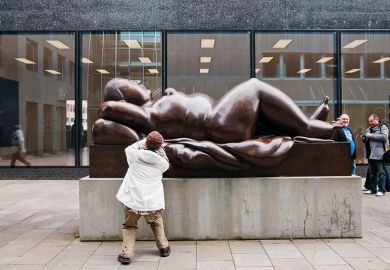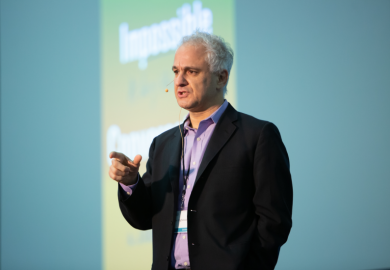David Wiggins is not a populariser, but a philosophers' philosopher. As Wilfrid Hodges says: "He is in philosophy exactly what he is in real life" - a philosopher through and through.
He has tackled some of the deepest problems of philosophy: truth, objectivity and subjectivity, the possibility of moral knowledge, identity, freedom of the will, theories of meaning, weakness of the will, the nature of practical reasoning, and various topics in ancient philosophy. The list is not intended to be exhaustive by any means. But his philosophical style is at once exciting and infuriating, tantalising and off-putting.
The thirteen essays in this collection were (with one exception) written to mark Wiggins's 60th birthday and to celebrate his accession to the Wykeham chair of logic at the University of Oxford. There is a 66-page "Reply" by Wiggins to those essays which extend over a wide range of topics, to all of which Wiggins has contributed: moral philosophy, practical reasoning, classical philosophy, truth, identity, personal identity and the philosophy of language.
The essays are written by former colleagues or students, many now eminent professional philosophers in their own right. John McDowell calls Wiggins "this best of teachers and colleagues", and the fitting description can be attested to by many others in the profession, not here represented, who have also benefited from his friendship, warmth, and kindness.
I can think of no philosopher who has cared more about his subject. I recall his passionate advocacy of offering permanent positions to members of staff who, in the years when almost literally no permanent philosophy jobs were available, held a succession of temporary posts. These had helped carry the profession forward, and were then deemed by various foolish decisionmakers to be too old for the few permanent positions that subsequently arose.
As his colleague at the University of London, I remember a discussion on the board of philosophical studies, when some unmentionable and cretinous governmental agency or other had us discussing how we could modify the federal BA in philosophy to bring it closer in line with proposed changes in the A-level (or was it the O-level?) syllabus. Wiggins argued that we should write back with suggestions as to how they could modify their national curriculum to fit better our philosophy degree. Politically astute - no. Never Wiggins's forte. Right -most definitely, yes. He seemed to me right about most of the causes he championed in university life, even though they sometimes had little chance of winning the day because they were based on such a firm grasp of the nature of the subject and its intellectual demands.
Because the essays were solicited from former colleagues and students, the collection has a certain "local" flavour. The contributors are or were from Oxford, with a few University of London contributions representing Wiggins's stay at colleges of the latter on more than one occasion. I found Timothy Williamson on distinctness, Peter Noonan on identity, Paul Snowdon on personal identity and S.G. Williams on ambiguity the clearest and most rewarding. In these, real advances were being made. Snowdon's piece was particularly helpful - exploratory, but a real advance nonetheless.
Some but not all of the others were difficult to understand, written in that rather opaque style that infects philosophy in certain quarters. This is true of essays in moral philosophy and practical reasoning, and the ones that appear to take Kant not only as their intellectual but also as their literary mentor. I found that in some cases I understood them only after I read Wiggins's reply; only then could I work out what they were getting at. In a few cases, it appeared as if the essay represented the most recent stage in an ongoing conversation between the author and Wiggins that I would have to struggle very hard to join.
Many of the papers address the subjectivity/objectivity dialectic that runs through so much of Wiggins's own writings, with his attempt to mediate between an unacceptable realism about values and an equally unacceptable relativism arising from subjectivity, but, despite the extended attention given to that topic in this volume, I did not feel much clearer about these issues than I had been at the outset.
Wiggins's replies are suggestive, diffident and lacking in any sort of the I-was-right-all-along arrogance one so often finds in dedicated collections of this sort. He apologises to McDowell for misunderstanding him, on several occasions he retracts something he has written previously and in most cases assumes that misinterpretations are the fault of his own writing. It is a pleasure to read Wiggins's replies, just as it is a pleasure to know him.
David Hillel-Ruben is professor of philosophy, London School of Economics and Political Science.
Essays for David Wiggins: Identity, Truth and Value (Aristotelian Society Series Vol. 16)
Editor - Sabina Lovibond and S. G. Williams
ISBN - 0 631 19134 8
Publisher - Blackwell
Price - £45.00
Pages - 304
Register to continue
Why register?
- Registration is free and only takes a moment
- Once registered, you can read 3 articles a month
- Sign up for our newsletter
Subscribe
Or subscribe for unlimited access to:
- Unlimited access to news, views, insights & reviews
- Digital editions
- Digital access to THE’s university and college rankings analysis
Already registered or a current subscriber? Login



